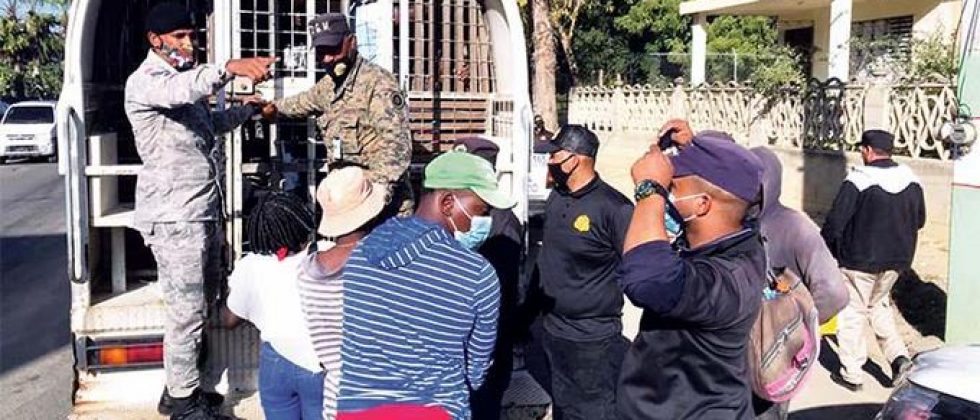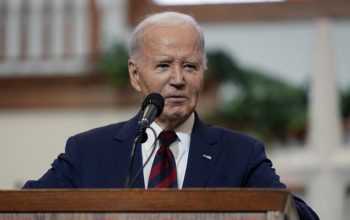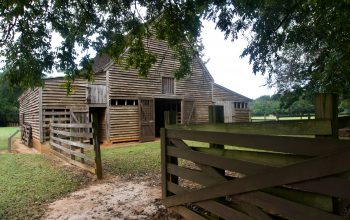news
“The Dominican Republic: Under Attack”, an article by Dr. Leonel Fernández
November 28, 2022
The first sign was the visit of the U.S. Undersecretary of State for Citizen Security, Democracy and Human Rights, Uzra Zeya.
According to a press release issued by the U.S. Department of State, the agenda of the American official would emphasize the strategic commitment of the United States to promote human rights, confront corruption, recognize labor rights, combat human trafficking, recognize the situation faced by stateless individuals and provide services to all vulnerable persons, including Haitian nationals.
Then came the statements issued by the United Nations High Commissioner for Refugees, Filippo Grandi, who urged that Haitians not be returned to their country due to the humanitarian crisis and extreme insecurity that was currently impacting the Caribbean nation.
Moreover, came the turn of the United Nations High Commissioner for Human Rights, Volker Turk, who on more than one occasion has insisted before the Dominican authorities to stop what he calls the “forced returns” of Haitians to their homeland.
At the same time, a statement issued by the United States Embassy in the Dominican Republic warned that in recent months travelers to the country had been subjected to delays or detentions at Dominican ports of entry by local immigration officials, due to the color of their skin.
Finally, and coinciding with all of the above, the United States Customs and Border Protection Office issued an order that would prevent shipments coming from the Central Romana sugar mill emporium from entering the U.S. It is alleged that the workers of that company, mostly Haitians, are subjected to forced labor, contrary to the provisions of the International Labor Organization.
The allegations indicate that the workers of that company, mostly Haitians, are subjected to forced labor, contrary to the provisions indicated by the International Labor Organization.
UNANIMOUS REJECTION
Faced with this barrage of attacks that seeks to turn the Dominican Republic into a refugee center for Haitian citizens, the rejection has been unanimous. In addition to the Dominican State, civic organizations, political parties, churches, the private sector, local media outlets and the population in general have also expressed their rejection to the allegations.
And this rejection has manifested itself in the form of indignation, collective offense, to the violation of patriotic sentiment and to popular anger. The general belief is that, in the 21st century, there may still be a deliberate purpose of trying to degrade us as a colony or the backyard of a world power.
The role played by the United States and the United Nations leads to the idea that there has been a clear intent to interfere and violate the independence, sovereignty and self-determination of Dominicans. The attacks have motivated the unity of our entire society, a situation not seen in the country for a long period of time in defense of our identity as a nation.
Due to these events, there are several questions that must be asked.
For instance: One must ask why, given the situation of a collapsed state in which Haiti currently finds itself, the question of statelessness, racism and xenophobia on the part of Dominicans is raised, a situation which had already taken place previously?
Why are the United States and the United Nations accusing the Dominican Republic of the “forcible return” of Haitians (in the new language of distortion of reality), when the only thing the Dominican State has done is exercise its legitimate right to deport any illegal foreign citizen in national territory?
Why do they want to force us to be a refugee center for Haitian citizens, when that should be a sovereign decision taken by our nation?
Why, if we do not wish to undertake this responsibility, an unfair campaign of attacks and threats against our country is unleashed?
Why is it believed that the solution to the current chronic political instability and power vacuum that currently prevails in Haiti after the assassination of President Jovenel Moïse, will be found in the Dominican Republic?
THE HIDDEN REASON
However, in the midst of the enigma and mystery that stems from everything that has taken place so far, a possible explanation is brought to light that clarifies the true strategic objective of an ultimate goal: turning us into a refugee camp for Haitian citizens.
According to a news report aired by NBC News, representatives from the U.S. National Security Council, Homeland Security, Defense and the State Department – concerned over the increase in the number of illegal migrants to the United States – met mid-year to identify a third country where the flow of individuals who wanted to travel to the United States could be diverted or relocated.
There has been a lot of concern during the current Administration of President Joe Biden regarding the immigration phenomenon, due to the historic increment seen in the last two years. Due to the Covid-19 pandemic, under the legal configuration of what was identified as Title 42, restrictions were established for all foreigners wishing to enter the United States. These restrictions made it possible to deport undocumented or illegal individuals without having to process each case individually, as is the norm in the United States.
After the pandemic, this legal provision was rendered null and void. Thus, the illegal migrant had to be admitted until the courts ruled on each specific case. This stopped the massive and immediate deportation of foreigners in the U.S. until each particular case was reviewed by the courts.
This is when the meeting of the high security commanders of the Biden Administration took place, thus seeking a solution to the potential immigration crisis that could arise in the United States.
It is then that the possibility of sending the deported migrants to Guantánamo, in Cuba, or to a third country, a location which had not been identified in the statement provided by the government officials to NBC News.
Now, however, we can infer that the unnamed third country is the Dominican Republic. Its convenient strategic or geopolitical geographic location is that, by sharing territory with Haiti on the island of Hispaniola, became the ideal place to serve as a refugee camp.
This way the United States would prevent thousands of Haitians from entering its territory, as occurred in September of last year, when Haitian nationals when as they tried to cross the Rio Grande, they were attacked, as was done during the slavery period, with the horse’s saddle and the punishment of the whip.
If this were the intention, it is not fair that they want to force us to assume a burden that we are not capable of carrying out. This, after a campaign launched to discredit our reputation and threats of sanctions to break us as a nation.





